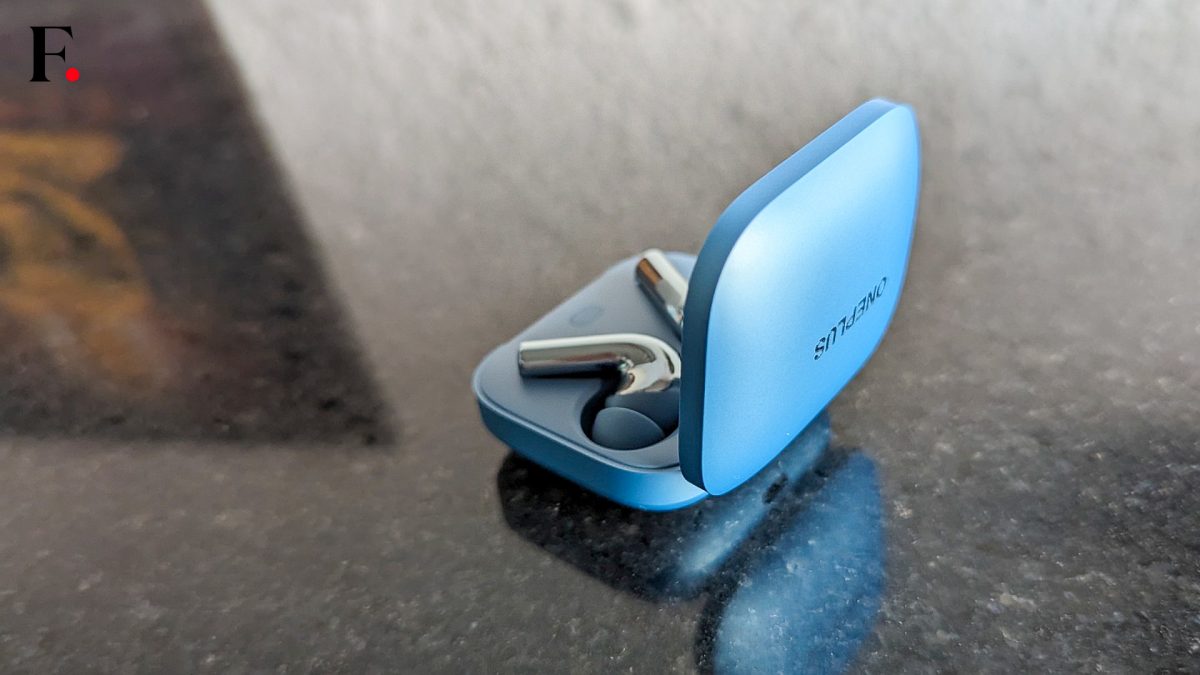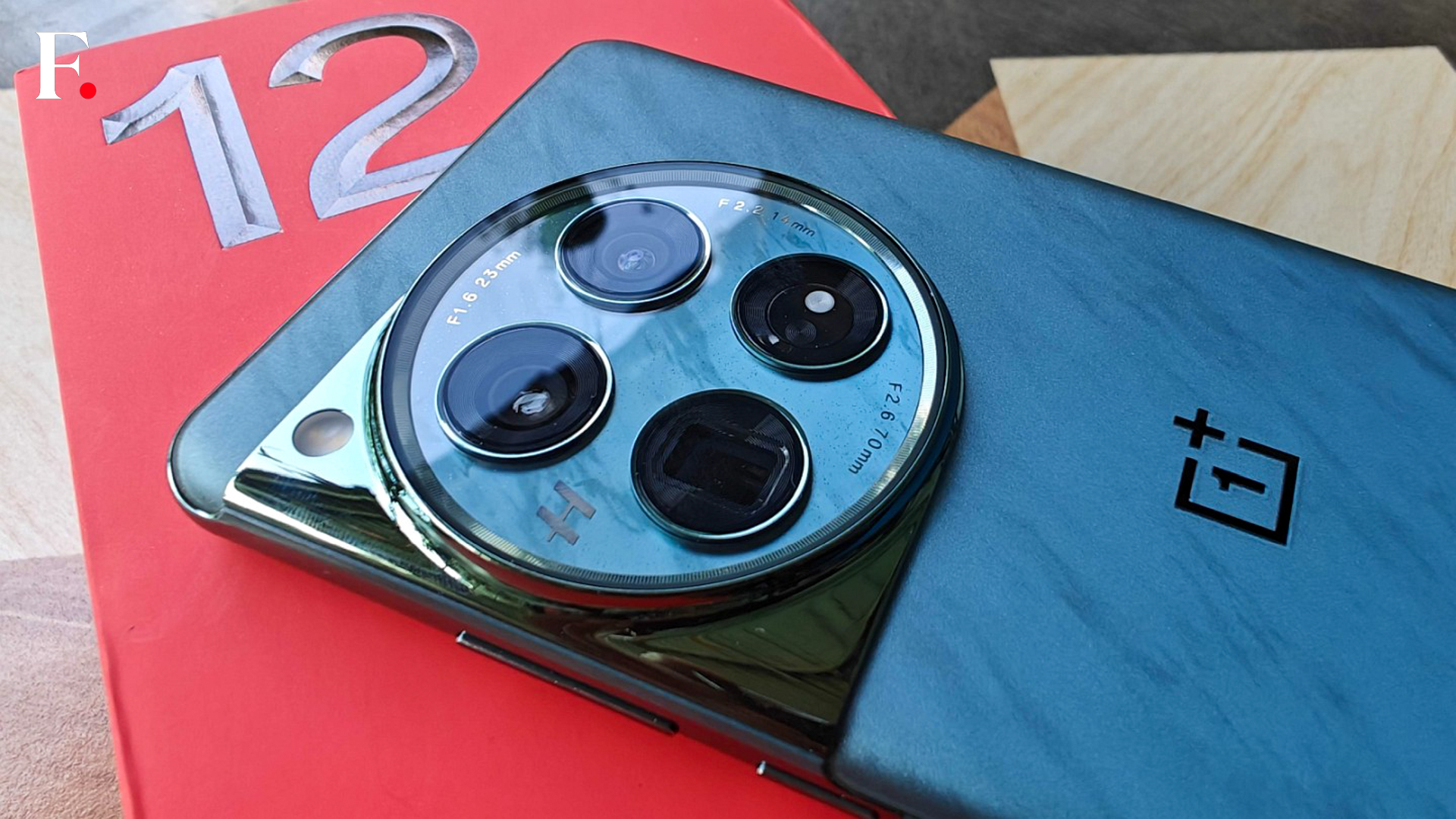Recent reports of messing around with benchmarks by popular smartphone device makers OnePlus and Meizu has raised some concerns for me. To me, it’s no different than the Volkswagen scandal concerning emission numbers.
As was the case with the emission scandal, so is it with what OnePlus and Meizu have done. If you think what VW did was wrong, this is too. If you think what VW did was legitimate, then this is too. And it all centres around what the brand’s core objective is. Impressing potential buyers or giving customers a good experience. Only, the focus on consumer trust could have been better.
The role of the industry
Putting consumer trust up front is paramount. What’s the point if consumers aren’t able to place utmost trust in the device they’re using. That’s what seemed to have happened with Samsung with its Galaxy Note 7. Over time, it did recall the device , even halting the product line. A lot of corrective action was taken, as well as detailed investigation report was made public. I do believe Samsung would emerge out of this. But such is the role the industry needs to play.
Secondly, if brands feel the need to fudge benchmarks, then it highlights something very important. We’re too shallow in positioning and marketing our products. Everyone seems to be obsessed with specs. We’ve truly commoditised the industry. Either phones have better screens, processors, memory storage or some such number play. In the yesteryears it used to megapixels in the camera. Well, it truly started out with polyphonic ringtones. But I’m sure if you’re beyond the selfie generation, you’d associate with these trends.
Apple has managed to keep the iPhone from falling into the specification battle for years now, and I hope it stays that way. Android manufacturers, though, for reasons best known to them, keep comparing their devices to the iPhone. More RAM, more megapixels, the list goes on and on..

The role of tech media
As long as technology reviewers have a myopic view of benchmarks, findings such as this would soon become a trend. There is more that needs to be done to give out a full fledged verdict out. And unless tech reviewers have access to a device much before it’s launched, there’s no credible way to be able to publish a review on the day of launch or in a couple of days. Also, it’s a matter of fact that most reviews happen during the ‘honeymoon period’ of the device. When was the last time you heard a review that highlighted a six month use case of a device or gadget? Over such a long period, the device feels the heat, literally as well, owing to fragmentation and software induced processor load.
In all likelihood, product reviews are out within the first month of launching the device itself. In many cases, this could have been prior to the launch, since reviewers are given exclusive early access. Isn’t it surprising then that even the Samsung Galaxy Note 7 too got some very positive ‘reviews’ before it became popular for the wrong reasons?
In the online world, it’s simply easy to update reviews. What we don’t know though, is if review devices by any manufacturer could be specially tweaked to perform better. Yes I did exaggerate the situation a bit, but only to drive the point home. As I said, it’s all a matter of trust. An obvious defence – what’s wrong?
If a device performs well in benchmark tests, it ought to perform well as a device, right? Yes. But that’s like saying if a Ferrari does well on the highway, it’ll do well in the lanes and bylanes as well. Things aren’t so grave with smartphones fudging benchmarks. They’re limited to a price range of Rs 30,000 at most. Plus they don’t damage the environment. So yes, they’re definitely better than Volkswagen cars. Which anyway is now the world’s largest automobile manufacturer. They were only briefly toppled by Toyota. So if consumers love a product, it would sell.

The role of the consumer
This involves all of us. Even us, who are part of tech media. The day we stopped obsessing about device specs, tech media would reinvent the way it ‘produced’ reviews. And if the focus shifted away from specifications and benchmarks, then reviews would increasingly focus on experiential aspects of a product rather than metrics. The problem with this, however, is the personal influence a reviewer would have on his/her review. It’s more like asking a friend for their honest opinion about a particular smartphone that they’re using.
Let’s take the example of OnePlus 3 or Meizu. I know so many of them. And I’m yet to find one who bought a OnePlus and doesn’t consider the community to be a vital aspect of his experience with the device. I wouldn’t be able to say the same about Meizu, but definitely with OnePlus, the community very closely follows its forum and discusses bugs and suggestions and stands out as a highlight.
In fact, with a lot of smartphone makers, you see a healthy interfacing between the brand on their online forums. Important user queries are answered by specialists from the brand itself. It helps brands be nimble in this highly competitive smartphone market.
Consumers need to be more diligent in identifying shallow reviews that do not consider real world, load cases while testing out devices. It’s very easy to load a bunch of benchmarks and release the numbers out. In fact, any diligent consumer can do that by running a Google search. There’s hardly any need for a review if all you’re going to base your buying decision on is your budget, a spec sheet and benchmarks. When you base it on this, don’t be surprised with reports of fudging and playing with scores. What you sow is what you get.
The role of brands
Well, credibility, honesty and fancy terms are good to go by. But doing the right thing alone would get you ahead. According to the ‘Father of Advertising’ David Ogilvy , ‘if [a product> doesn’t sell, it isn’t creative.’ That means, creativity is directly proportional to the device sales. And if there’s a direct correlation between the two, then the inverse stands as well. If products sell well, then there is an element of creativity in them as well. Perhaps managing to package in ‘good specs in a budget’ is creativity as well.
Brands need to identify diligent stakeholders including reviewers and get the product messaging out in the most objective manner possible. Rather than falling prey to quick fix online mentions by ‘reviews’ done in a jiffy.
)
)
)
)
)